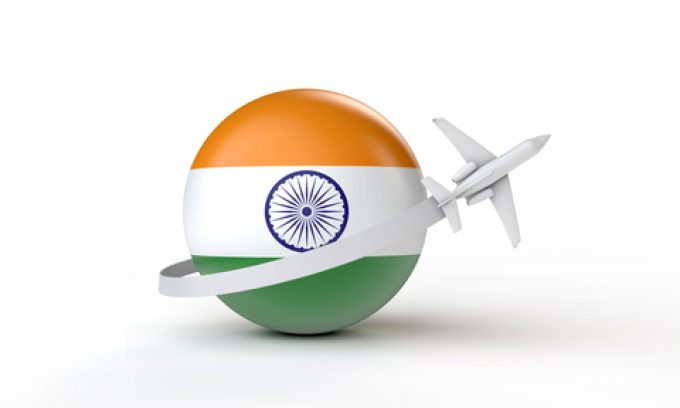SolitAir betting on India with $25m investment pledge
India is going to be the key market for start-up SolitAir, a Dubai-based cargo airline ...

Air cargo seems to have become the newfound investment allure for Indian 3PLs looking to diversify beyond their long-time mainstay trucking verticals.
That evolving trend comes as freighter capacity out of India is expanding at a rapid pace. The latest air network addition comes from container line-airline CMA CGM Air Cargo, which has started four services a week on an A330F between Mumbai and Paris.
Meanwhile, Delhi-based traditional road transporter Continental Carriers has boosted its industry profile with an “RA-3 accredited” green-field Air ...
Trump tariffs see hundreds of cancelled container bookings a day from Asia
'Disastrous' DSV-Schenker merger would 'disrupt European haulage market'
'To ship or not to ship', the question for US importers amid tariff uncertainty
'Chaos after chaos' coming from de minimis changes and more tariffs
List of blanked transpac sailings grows as trade war heats up and demand cools
EC approves DSV takeover of DB Schenker
Forto 'sharpens commercial priorities' as it lays off one-third of staff
Shippers in Asia restart ocean shipment bookings – but not from China
India withdraws access for Bangladesh transhipments, in 'very harmful' decision
'Tariff hell' leaves industries in limbo – 'not a great environment to plan'
IndiGo fleet expansion plan will include a major push to boost cargo volumes
Pre-tariff rush of goods from US to China sees air rates soar, but not for long
De minimis-induced ecommerce demand slump could cripple freighter operators
'Restoring America's maritime dominance' – stop laughing at the back of the class
Hapag 'took the bigger risk' when it signed up to Gemini, says Maersk
Navigating tariffs: 'like trying to solve a Rubik's cube while colour-blind'

Comment on this article